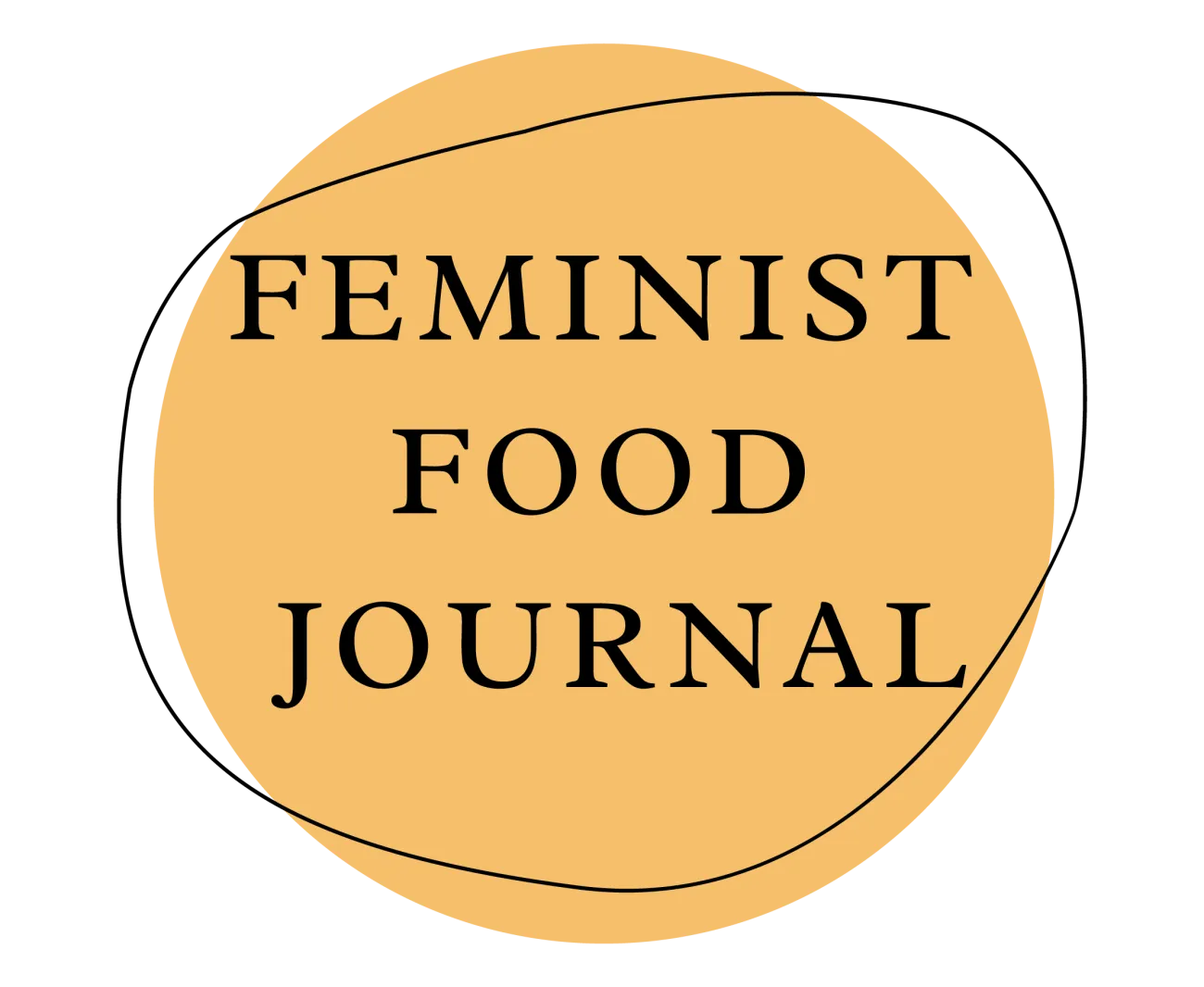Episode summary
The idea that more natural food – food which hasn’t been transformed by human and industrial intervention – is best for us is a powerful one. Psychologists have found a strong preference for that which is “natural”, even when people differ in what they understand that term to mean. But naturalness is a muddle – we are often signalled by advertising to see heavily manufactured foods as “natural”; the pioneers of cereal manufacturing were the greatest advocates of “natural” food in the early 20th century; and it’s rare that crops, which have been manipulated by human breeding over millennia, are seen as “unnatural”.
If naturalness is a slippery idea, though, it is still undeniably compelling. At the moment, nowhere is the preference for naturalness when it comes to the food we eat more prevalent than in concerns expressed over ultra-processed foods (UPFs). But does the idea that naturalness is inherently best set up a misleading dichotomy between nature and technology that doesn’t serve the interests of a more sustainable and equitable food future? Does a narrow focus on processing itself misplace bigger questions of power and agency on the one hand, and unhelpfully dismiss scientific techniques on the other?
TABLE writer and researcher Hester van Hensbergen explores these questions in our latest explainer, Nature Knows Best? Naturalness in the Ultra-Processed Foods Debate. She reads it out loud for you on the podcast.
You can find the written explainer here.
Related Feed podcast episodes
Neena Prasad on the power of ultra-processed foods
Is cultivated "meat" natural? Is meat today natural?
Does CRISPR make our food unnatural?
Should food systems be more natural?



Comments (0)